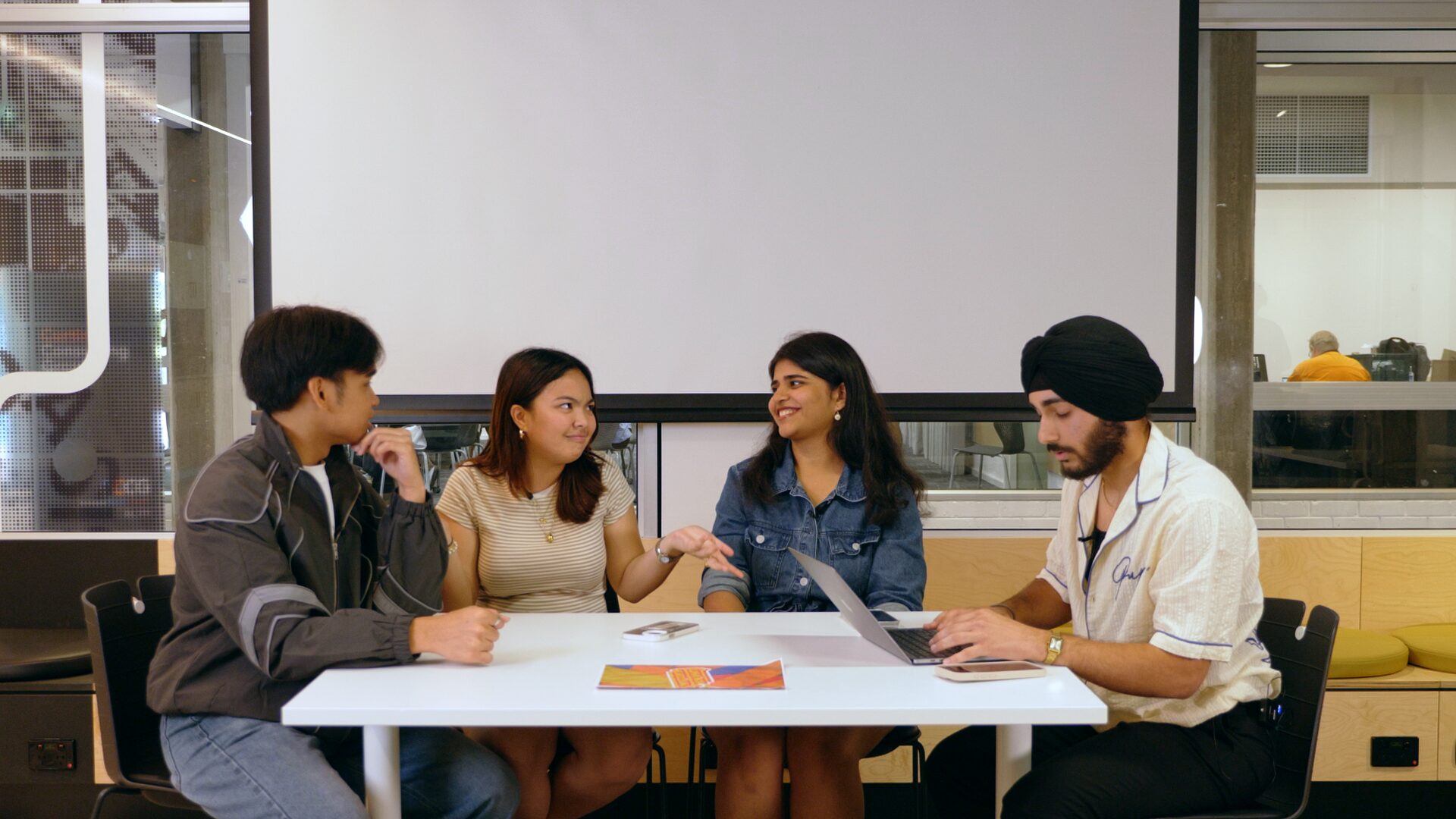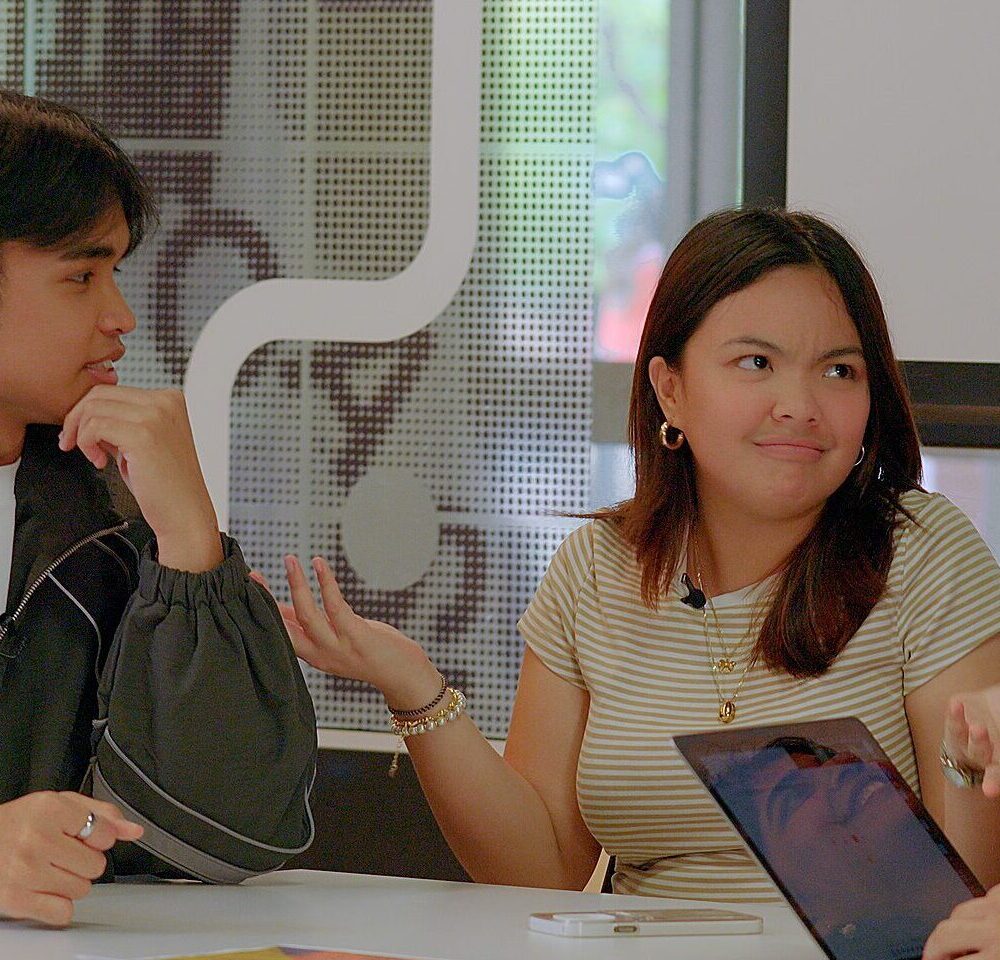Estimated reading time: 2 minutes
In the latest episode of I’m at Curtin, Now What?, Kristel and the crew dive into one of the most polarising realities of uni life: group assignments. And to make things worse, chances are you’ve had (or are in) a project where the “group” feels more like a solo act.
So how do you know you’re paired with people who don’t pull their weight, and how can you make sure that you don’t become one?
The Red Flags You Shouldn’t Ignore
The ghost
For Kristel, it starts with attendance… or rather, the lack of it. One major red flag is the groupmate who never shows up to class or misses the collaborative sessions entirely. If they’re not there to learn the content or join discussions, chances are they’re not contributing much to the project either.
The silent scroller
Then there’s the silent scroller. The one who reads the group chat but never replies. It’s not just frustrating and it’s damaging to the group’s cohesion and morale.
The copy-pasters
And let’s not forget the copy-pasters. Kristel warns about those who dump questionable AI-generated work into the shared doc without checking the sources or cleaning up placeholders like “Insert reference here.” One of her top tips? Always double-check sources. If something seems off, it probably is.
Doing the Bare Minimum Isn’t Enough
Kristel flags is the “I’ve done my part, so I’m done” mindset. Just because someone submitted their section doesn’t mean it’s the final version! Feedback and revisions are part of the process. A good groupmate doesn’t check out after pasting their paragraph; they stay in the loop, open to edits and discussions.
Presentations are another pain point. Reading off slides or staring at your phone while delivering your part isn’t just lazy. It’s disrespectful to the effort the rest of the team put in. For Kristel, it’s about knowing your content and engaging with your audience. A presentation isn’t a script read-through, it’s a performance.
When Group Work Becomes Group Chat Distraction
There’s also the groupmate who derails everything. Turning a working session into a social hour with, “Hey, what are your weekend plans?” While it’s nice to bond, Kristel stresses that time management is key. A good groupmate helps others stay on task, not spiral into procrastination.
When someone consistently distracts or derails the group, it sets off a domino effect. The vibes get weird, communication breaks down, and soon everyone’s too annoyed to collaborate properly. According to Kristel, the fix is simple: be a decent person for two weeks. That’s all most group assignments take. Just show up, contribute, communicate, and stay engaged.
So What Should You Do With a Bad Groupmate?
Kristel’s advice? Don’t wait. The moment you spot a red flag, call it out! Kindly but clearly. Giving people the benefit of the doubt is fine, but if it starts affecting the whole group, it’s better to speak up than silently pick up the slack. You’re not just saving your grade, you’re setting a standard for what good teamwork looks like.
Also, don’t be afraid to contact your tutors or unit coordinators for support! They’re there to help. Just ensure to provide to them with evidence when communicating the difficulties of a bad groupmate.
Ultimately, group work is preparation for the real world. No matter your future career, you’ll need to collaborate with people, and sometimes that means navigating difficult personalities. Think of group assignments as practice for that. It’s not just about getting the project done, it’s about learning how to work with others.
A Twist in the Tale…
This article, alongside Season 2 of ‘I’m at Curtin, Now What’ is proudly powered by Medibank. Check out what Medibank can do for students here.





